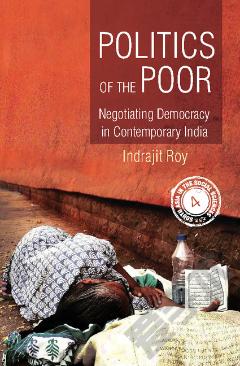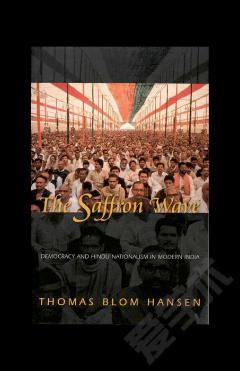Democracy at Work in an Indian Industrial Cooperative —— The Story of Kerala Dinesh Beedi
----- 印度工业合作社的民主运作:喀拉拉邦迪内什·比迪的故事
The authors tell the story of a democratic workers' cooperative that makes hand-rolled cigarettes, known as "beedis," in the unorganized sector of a fiercely competitive capitalist economy in India. For decades, beedi workers have been among the most exploited and impoverished of India's work force. In 1969, in the southwestern Indian state of Kerala, several thousand workers banded together to form a worker-owned beedi cooperative. The authors argue that their skill and determination, combined with Kerala's generally leftist political culture, allowed them to beat the odds. The cooperative surprised the private sector beedi barons by creating an enterprise that has lasted and prospered, offering the best wages and benefits in the business, while making a profit and contributing to the local economy.The authors analyze the major features of the cooperative, assessing its overall structure, worker-elected management, shop floor democracy, and progress in providing a better life for its worker-owners. Tensions are also discussed, including the complaints of women workers and the need for diversification from tobacco.
{{comment.content}}








 京公网安备 11010802027623号
京公网安备 11010802027623号